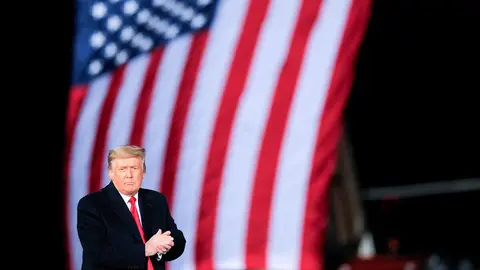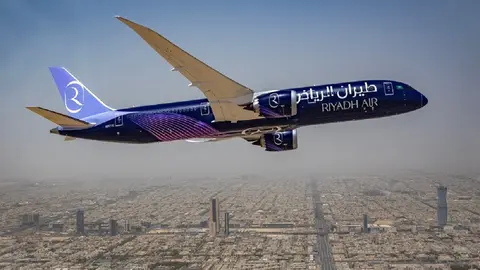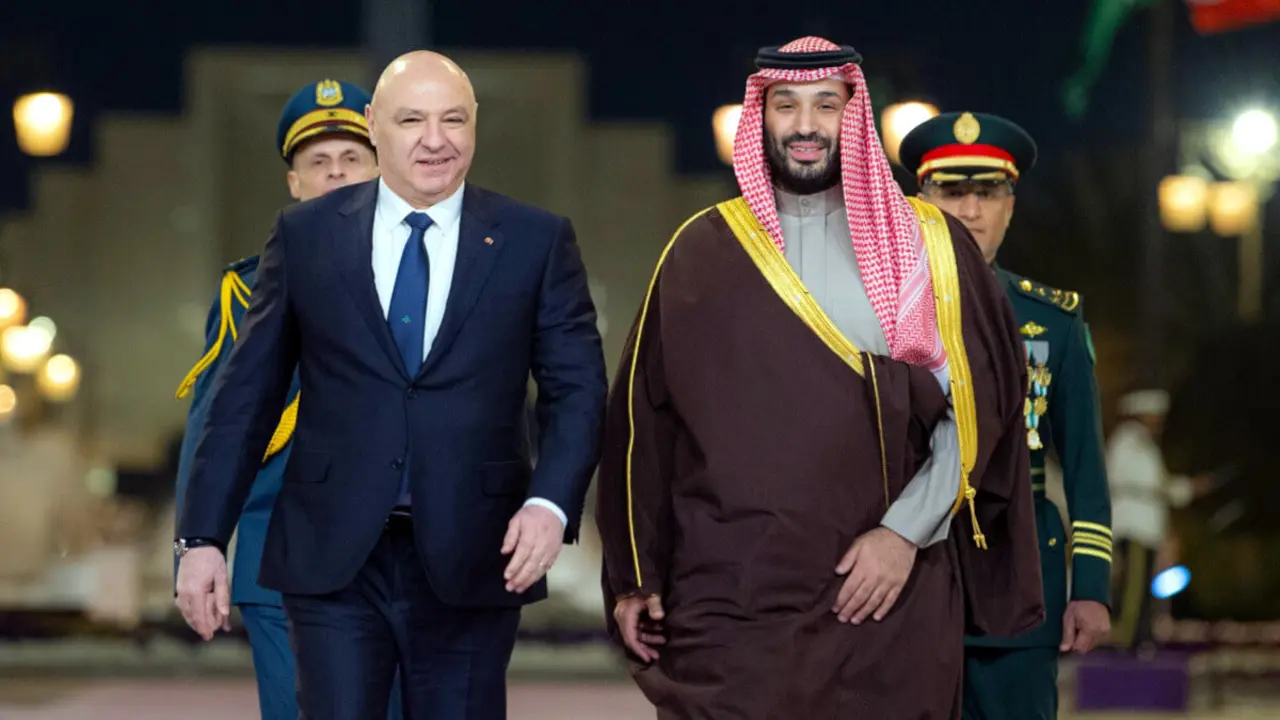US confirms end to restrictions on Saudi weapons amid shifting priorities
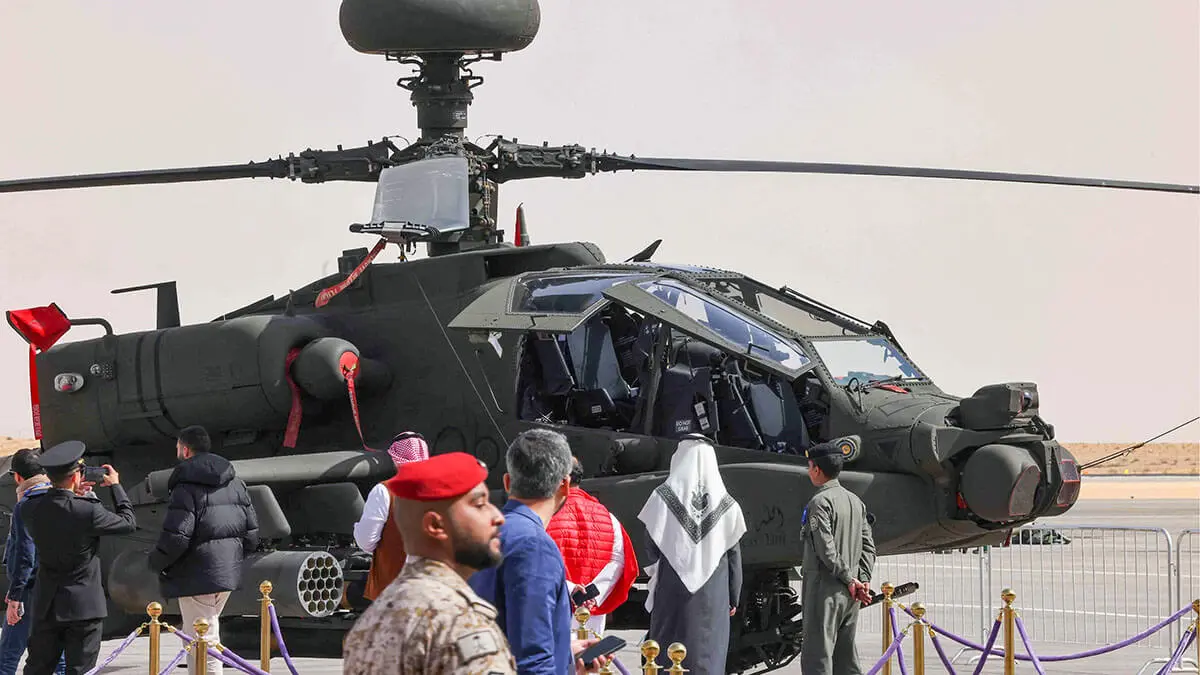
The United States confirmed on Monday that it would resume sales of offensive weapons to Saudi Arabia, as developments in the region seem to have changed Washington’s priorities and its expectations from regional allies and partners, including Saudi Arabia.
Riyadh is once again seen as a pivotal player by the United States as the Gaza war enters its tenth month and Iran threatens to launch retaliation strikes against Israel at the risk of sparking a wider regional war.
More than three years after imposing limits over reservations about Saudi strikes in Yemen, the US State Department said it would return to weapons sales “in regular order, with appropriate congressional notification and consultation.”
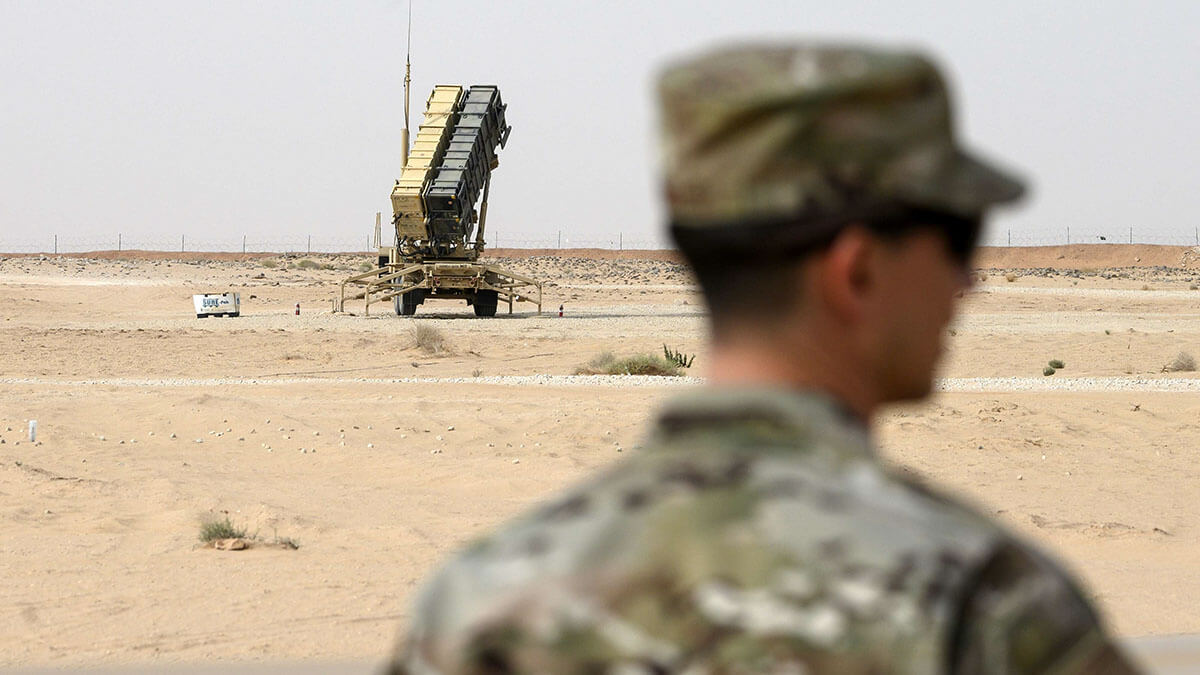
“Saudi Arabia has remained a close strategic partner of the United States, and we look forward to enhancing that partnership,” State Department spokesman Vedant Patel told reporters.
US President Joe Biden took office in 2021 pledging an antagonistic approach to Saudi Arabia and immediately announced that the administration would only send “defensive” weaponry to the long-time US arms client.
The US invoked civilian casualties in Saudi-led air strikes against Iranian-backed Houthi rebels, who have taken over much of Yemen.
Geopolitical considerations have, however, changed markedly since then. The United Nations, with US support, brokered a truce in Yemen in early 2022 that has largely held. Washington has been trying to broker a normalisation deal between Saudi Arabia and Israel with Riyadh insisting on US security guarantees.
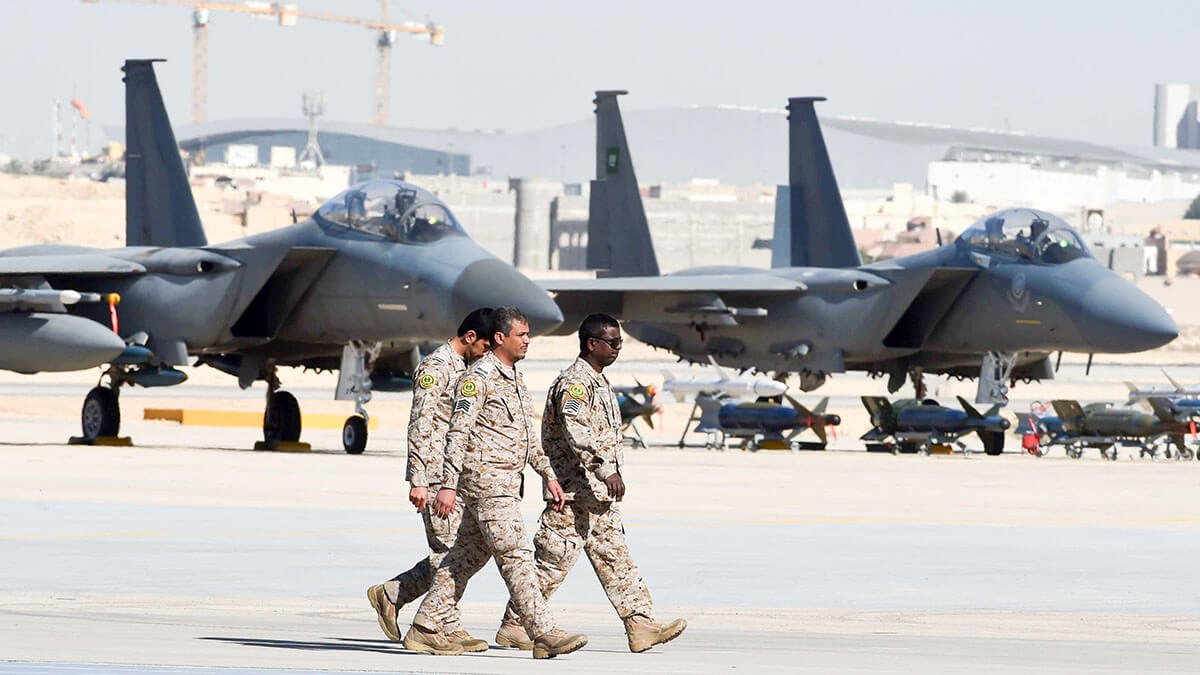
Since the truce, “there has not been a single Saudi air strike into Yemen and cross-border fire from Yemen into Saudi Arabia has largely stopped,” Patel said.
“The Saudis since that time have met their end of the deal, and we are prepared to meet ours,” Patel said.
It is now the United States, Britain and recently Israel that have been striking Houthi targets in Yemen, with Saudi Arabia content to watch from the sidelines.
The Houthis have been firing missiles at commercial ships in the vital Red Sea in professed solidarity with Palestinians, who have been in the crosshairs of Israel since the October 7 attack by Hamas.
In a bid to find a long-term solution, US Secretary of State Antony Blinken has repeatedly travelled to Saudi Arabia to discuss a package of US incentives if the kingdom recognises Israel.

Saudi Arabia has sought a US security deal, a continued flow of weapons and potentially a civilian nuclear deal if it normalises with Israel.
Israeli Prime Minister Binyamin Netanyahu has made normalisation with Arab states a top goal and no prize would be as big as Saudi Arabia, guardian of Islam’s two holiest sites.
But Saudi Arabia says it cannot act without progress on a Palestinian state, an idea pushed by the Biden administration as it seeks a diplomatic way out of the Gaza conflict, but stubbornly opposed by Netanyahu and his far-right allies.
Representative Joaquin Castro, a progressive member of Biden’s Democratic Party, said he is reserved about the lifting of the arms supplies freeze.
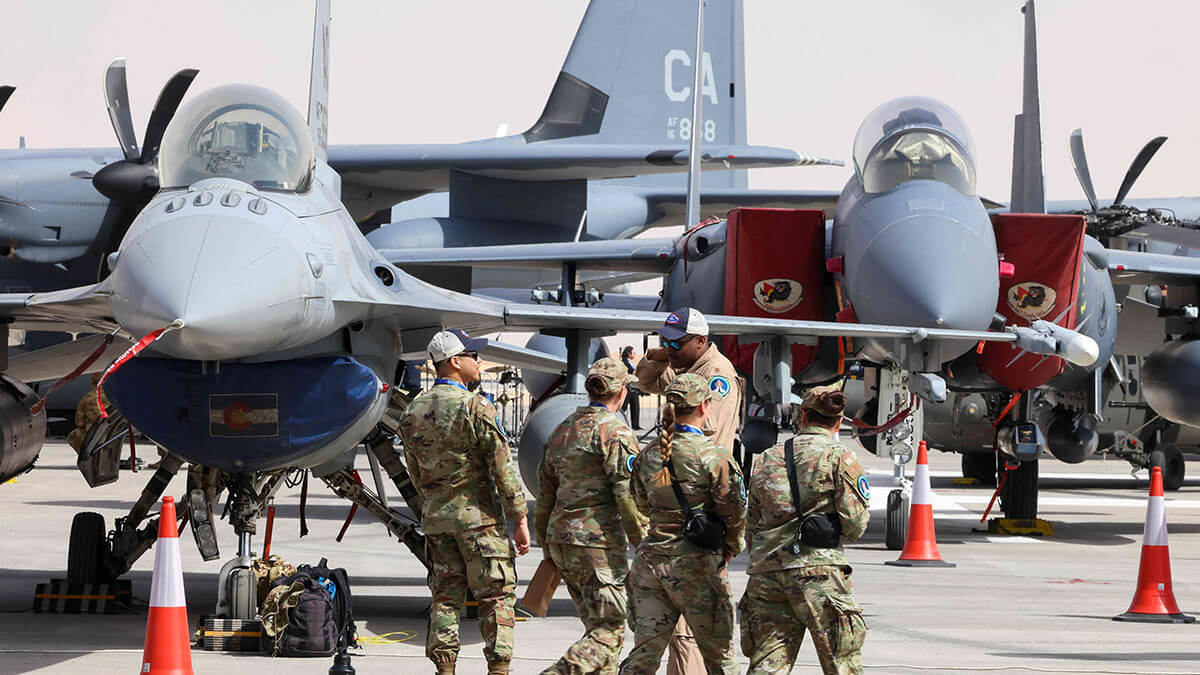
“I supported the Biden administration’s initial decision to pause offensive arms sales to Saudi Arabia, and I hope to see compelling evidence that Saudi Arabia has changed its conduct,” he said.
Before October 7, Gulf Arab states had been moving closer to Israel, in large part out of shared hostility to Iran.
Washington’s decision to release offensive weapons to Saudi Arabia comes amid US expectation of “significant” Iranian retaliation moves against Israel for the killing of Hamas chief Ismail Haniyeh in Tehran. Arab Gulf states and Jordan had showed their understanding of the US role in repelling Iranian missile and drone barrage against Israel in April in response to an Israeli strike on an Iranian diplomatic building in Syria.
The United States is again hoping for support from Arab partners as Iran could spark a major conflagration in the Middle East.

